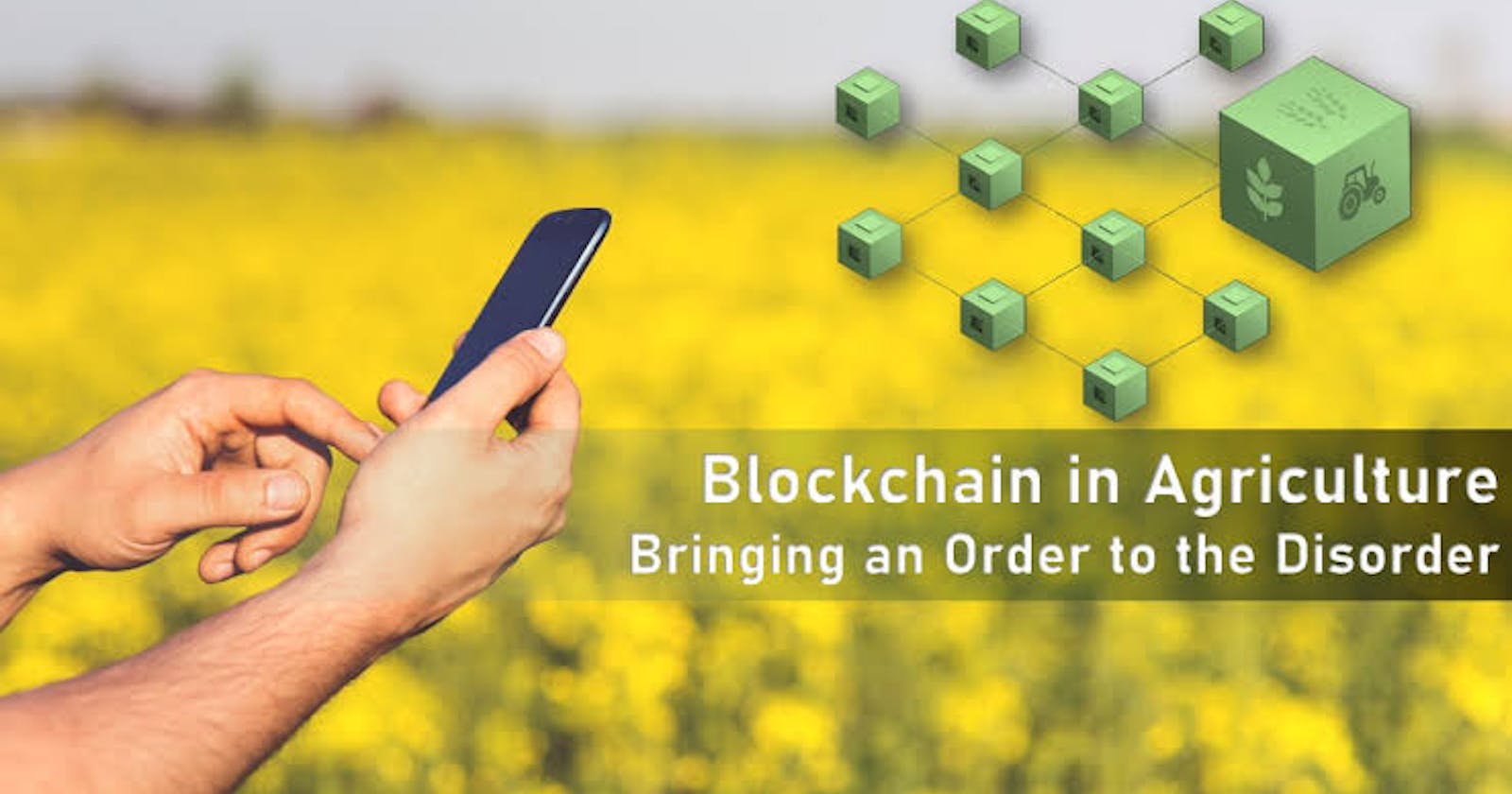The Agriculture Revolution with Blockchain
Navigating Openness, Effectiveness, and Difficulties
Agriculture is changing as a result of blockchain technology, which is giving its conventional supply chain transparency, traceability, and efficiency. Let's explore the fundamentals in order to fully understand the benefits and nuances of this integration.
Blockchain Fundamentals
Blockchain is a distributed ledger that is decentralized and keeps track of transactions via a network of computers. Its immutability and transparency, consisting of blocks connected chronologically, make it perfect for safe and verifiable data records.
Traditional Supply Chains and Agriculture
The supply chain in agriculture is made up of a network of farmers, distributors, suppliers, and customers. Traditional systems' lack of transparency makes it difficult to track the sources of products, ensure their quality, and optimize workflows.
Blockchain Application in Agriculture
Benefits:
1. Traceability: An immutable record can be created at each point in the agricultural supply chain thanks to blockchain technology. Every transaction, from planting seeds to distributing them, is safely documented, providing a clear and verifiable history..
2. Provenance Tracking: The provenance tracking feature of blockchain benefits consumers. Agricultural items with QR codes provide fast access to details on the product's origin, farming practices, and processing background.
3. Smart Contracts for Agreements: Supply chain agreements are automated and enforced using smart contracts. Manual involvement can be minimized by smoothly executing quality standards or payment conditions between farmers and wholesalers.
4. Data Sharing and Collaboration: Collaboration among stakeholders is improved through secure data exchange. Farmers and suppliers are able to make better decisions when they have access to real-time information regarding crop yields, soil health, and weather.
Limitations:
1. Difficulties with Technology Access: It is imperative to guarantee that all parties involved have access to the essential technology.
2. Compatibility Issues: For a smooth integration process, resolving the issue of compatibility across various blockchain platforms is crucial.
In conclusion, even if blockchain technology offers an agricultural supply chain that is more open, effective, and cooperative, it is critical to recognize and resolve issues like technological access and interoperability. To truly achieve blockchain's disruptive potential in agriculture, one must navigate both its advantages and disadvantages with careful thought and planned execution.
